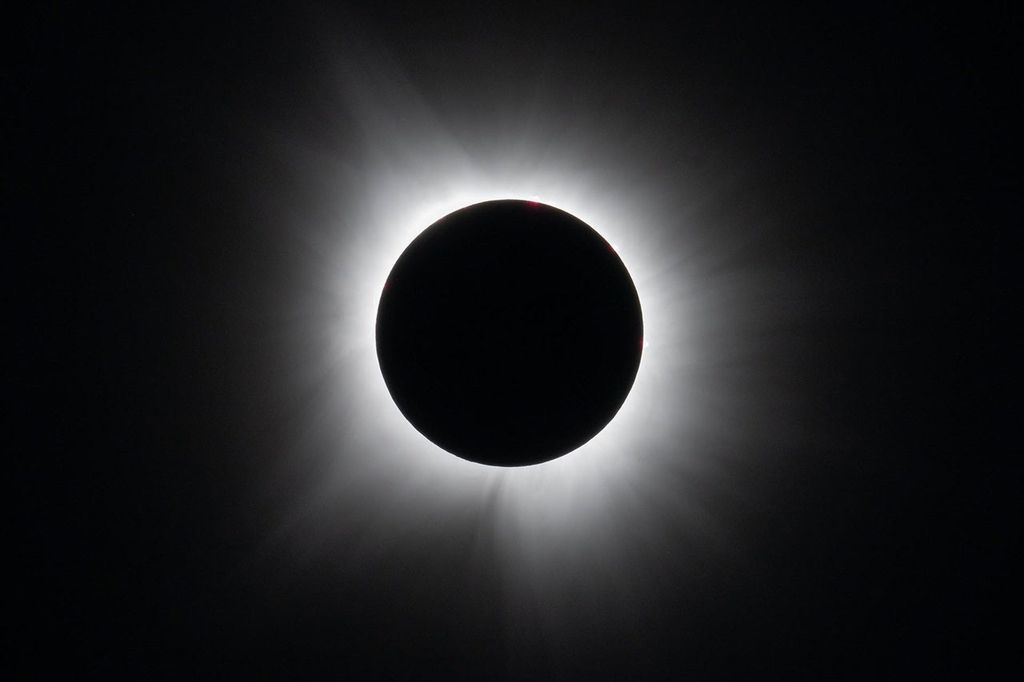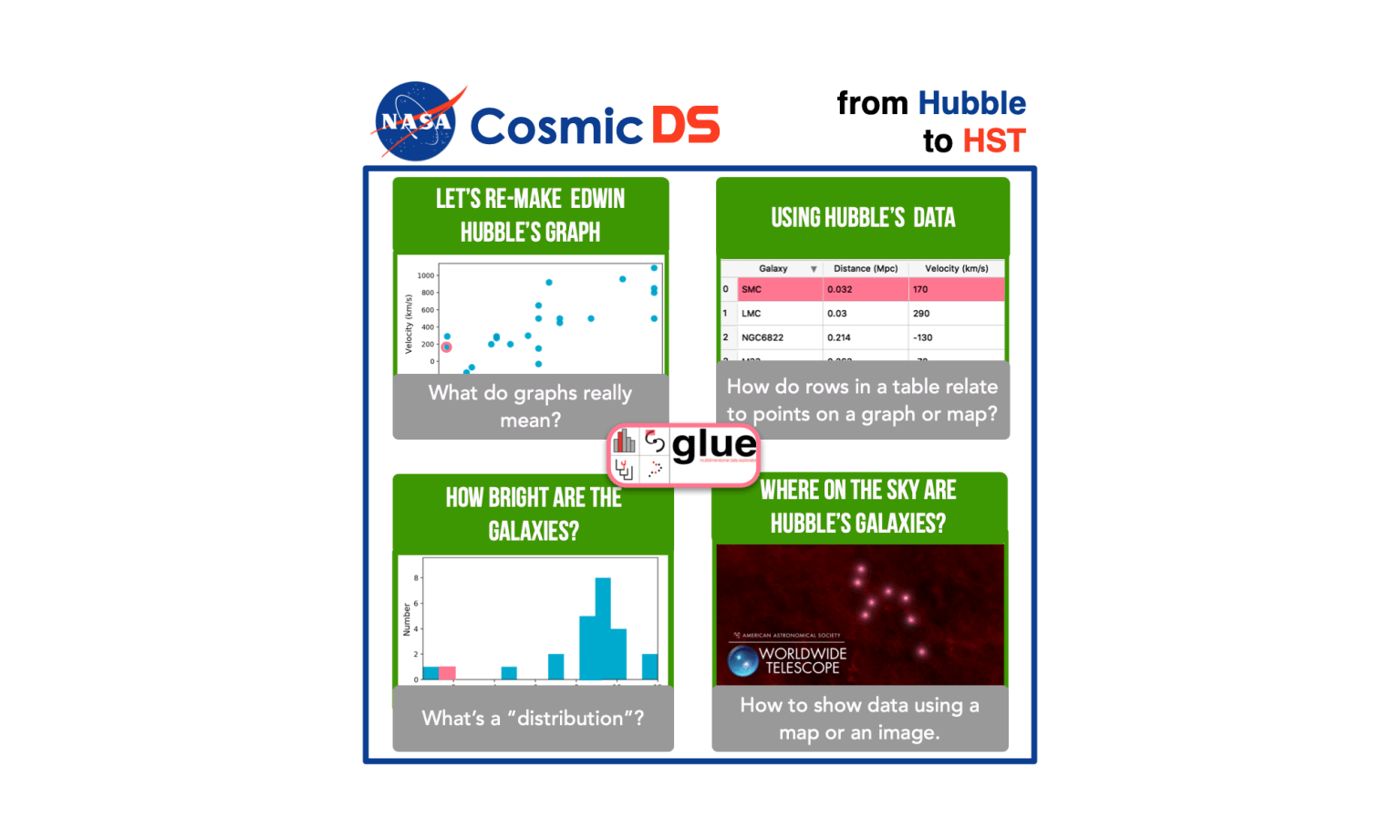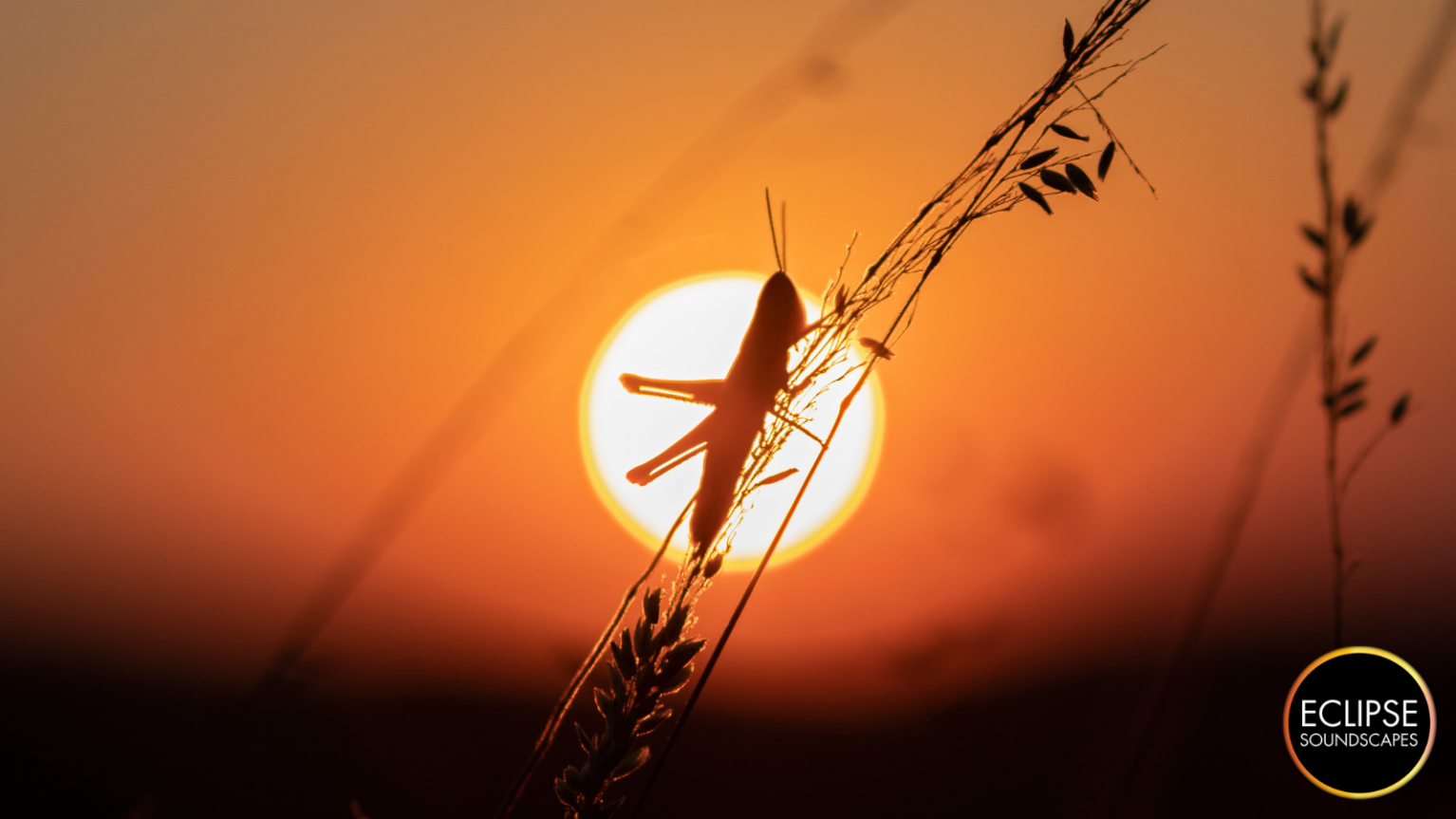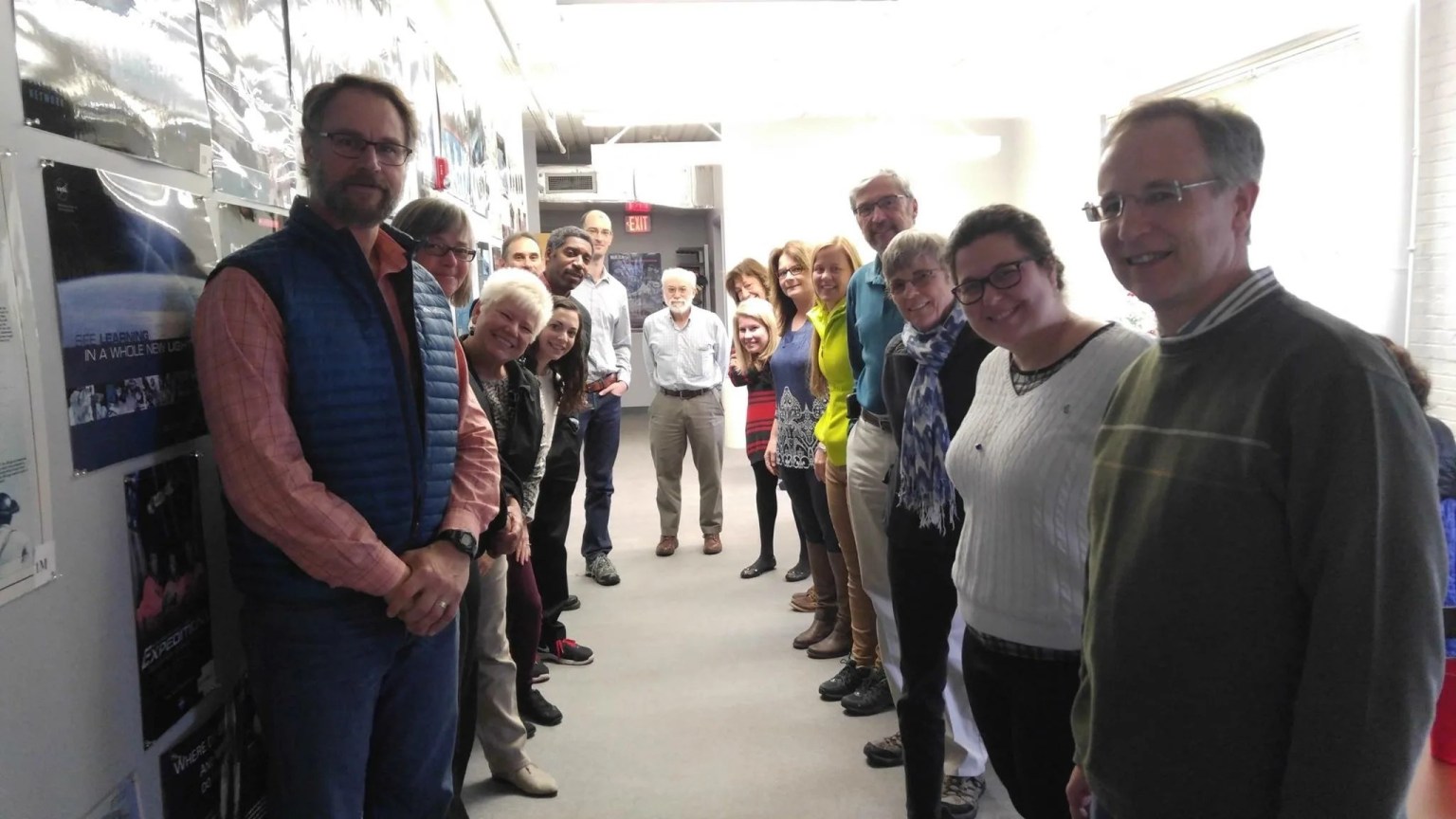Arctic and Earth SIGNs
Engaging rural & indigenous youth, educators, & more in important climate science.
Team Mission
Arctic and Earth STEM Integrating GLOBE and NASA (SIGNs) project team envisions a STEM learning environment where youth play an active role in understanding climate change and stewardship of climate change influenced resources in their own community. Climate change has already influenced the lives of rural and indigenous communities in the Arctic, and climate change in the Arctic has a profound impacts and feedbacks within the global climate system. We aim to provide rich opportunities for youth, educators, and community members from rural and indigenous communities in Alaska and beyond to learn about, observe, and act upon locally important climate change issues. We work to develop a STEM learning process that integrates GLOBE (Global Learning and Observations to Benefit the Environment) protocols that best fit the issue, local and traditional ecological knowledge, historical and current NASA data, direct contact with NASA subject matter experts, and collaboration with a team of Arctic scientists and other partners such as the Association of Interior Native Educators and the 4-H program.
Everything my students read and hear about climate change and variable sea ice conditions comes from outsiders. They are the ones that depend on the ice, but they are not a part of the observation or conversation. Many of the students and members of the community feel separated from the topic that is very much a part of their lives. I want to help the community be a part of the conversation from a scientific perspective, rather than just a social perspective.
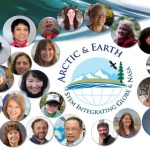
Lyle Melkerson
TEACHER, KIVALINA, AK
Arctic and Earth SIGNs trains teachers, 4-H leaders, and community members on climate change concepts, culturally-responsive curriculum, and environmental observing protocols relevant to local climate change issues in face-to-face and online courses. The project efforts and trainings are leveraged and supported through collaboration with other STEM activation projects. Arctic and Earth SIGNs educators and community members return to their communities to guide youth in interdisciplinary learning on a climate change issue they identify through interviews with elders and NASA data. They design and implement a GLOBE citizen science investigation, and learn more about the issue through curriculum that braid Western science and Alaska Native knowledge and traditions. They apply the in-depth learning and data they collected to stewardship projects related to the core climate change issue of the community. Scientists also use the data collected through the project to address larger scale climate change or remote sensing questions.
What does your team hope to achieve?
The overarching goal for this project is to facilitate high quality Earth science and climate change education to build science literacy. Key goals are to: 1) Improve STEM instruction, 2) Increase scientific literacy, 3) Increase engagement of underrepresented youth and adults in STEM, particularly rural and indigenous educators and youth, and 4) Increase capacity for communities to respond to climate change issues.
We hope to achieve this through the following work objectives:
- Develop a high quality climate change education program that includes NASA assets (resources and experts), citizen science, and mobile technology for formal and informal science education settings
- Engage educators and community members in learning experiences to model best practice for inquiry-based, culturally responsive climate change science teaching
- Engage youth, community members and educators in locally and globally important science where they produce and apply new information on the impacts of a changing global climate.
Learn More
Read Connected Climate Change Learning Through Citizen Science to learn about how indigenous youth in rural Alaska used NASA data to study local changes in climate.
Project Web Site
https://arcticandearthsigns.alaska.edu
Publications
Spellman, KV, Sparrow, EB, Chase MJ, Larson, A and Kealy, K. (2018). Connected climate change learning through citizen science: an assessment of priorities and needs of formal and informal educators and community members in Alaska. Connected Science Learning 1(6): 1-24




















